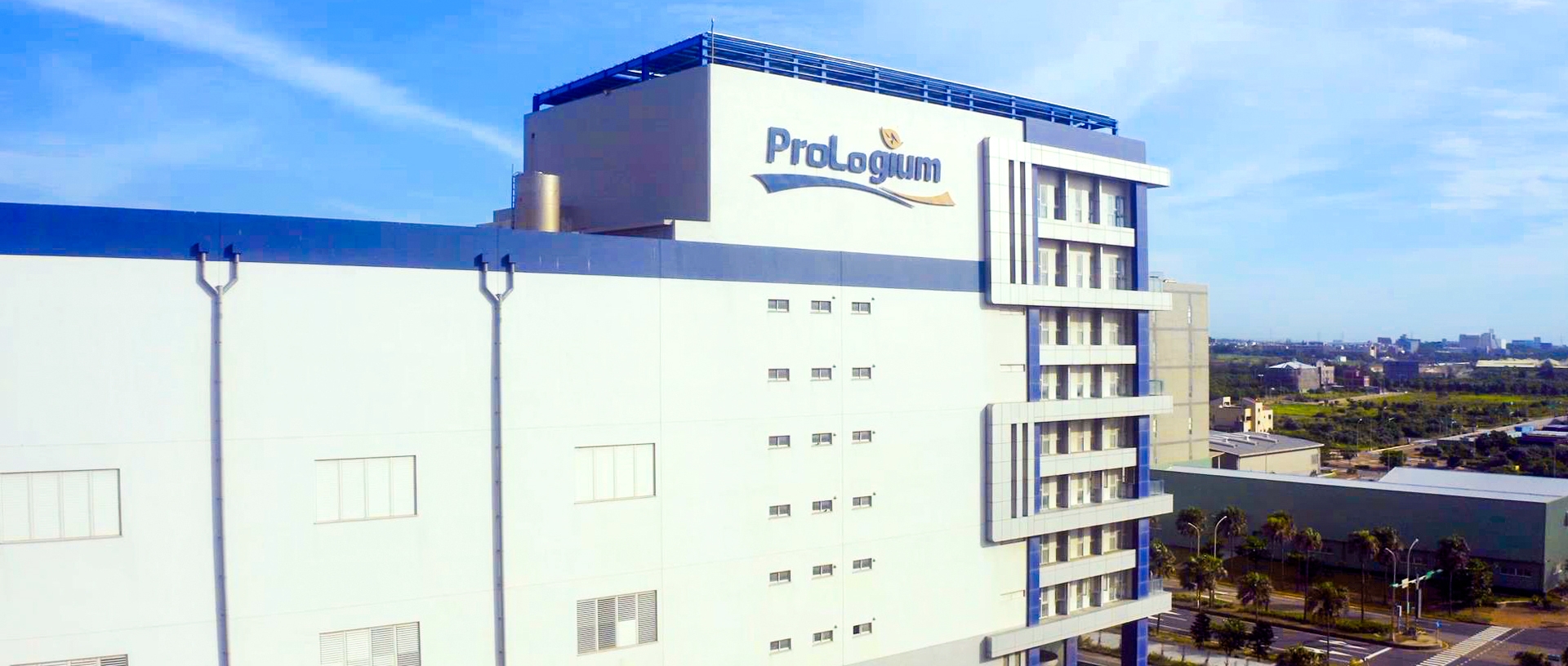It is unclear to what extent the war in Ukraine influenced the decision to build the gigafactory in France rather than Poland, but this factor should not be ruled out, writes Marcin Jóźwicki, a contributor to BiznesAlert.pl.
On Friday, May 12, Taiwanese company ProLogium named Dunkirk, France, as a target site for the construction of a battery gigafactory. According to AFP (Agence France Presse) – ProLogium intends to invest €5.2 billion in Dunkirk by 2030 to reach an annual production capacity of 48 GWh. This will be sufficient for hundreds of thousands of cars. The group hopes to start production at the end of 2026 and increase employment from 3,000 to 12,000 jobs within a few years. Among the countries hoping for the investment were the UK, Germany, the Netherlands and Poland. Our country is a tycoon in the battery market and we boast investments from companies such as LG Energy Solutions, SK Innovation, Capchem, Guotai Huarong, Northvolt, Umicore. So we are a significant and proven player in the European market with the cheapest production costs of all the competitors. Yet the Taiwanese chose France.
Battery ,,ecosystem” in northern France
In an interview with several news agencies, the Vice President in charge of international development for the Prologium group – Gilles Normand – said that „A real ecosystem for batteries is developing in the north of France.” Three other „gigafactory” projects have already been announced: in Douvrin, scheduled to open at the end of May; in Douai; and in Dunkirk – a French start-up Verkor. In addition, the Taiwanese company wanted access to emission-free electricity. France, which is a nuclear powerhouse, also has offshore wind turbines in Dunkirk, according to Gilles Normand. In addition, many electric vehicle factories are located in northern Europe, and „Dunkirk is very well connected by rail, road and a deep-water port that facilitates imports and exports,” Normand explained. The fact that Gilles Normand was previously involved in the French automotive industry – with Renault – may also have played a role in the choice of location. French President Emmanuel Macron also appeared in Dunkirk on May 12 to announce the reindustrialization of the region.
Hauts-de-France – the valley of electromobility
The Hauts-de-France region, dubbed the „valley of electromobility,” has many advantages. It is close to the major European automakers and brings together many subcontractors. This region has a real automotive history that has developed ecosystems, skills and an entire industrial fabric. There are vehicle assembly plants there owned by Renault, Stellantis and Toyota. There are also automotive plants, important for the production of engines and transmissions, which are also being converted to product components for electric cars. Marc Mortureux on Radio France Internationale said that it is also a fairly central location on a European level, with interesting infrastructure and the port of Dunkirk. So all of these elements really speak in favor of Hauts-de-France in this competition, even though there are many other places in Europe where important projects could be carried out. But it is Hauts-de-France in particular that is attracting significant investment.
More powerful battery with reduced weight
The France24 portal reports that the ProLogium group specializes in developing solid-state batteries, which are considered more powerful, safer and faster to charge than the lithium-ion cells often used in electric vehicles. Gilles Normand on this website praises their products. „We can charge 80 percent of the battery in 12 minutes … if we take the Tesla 3 model, 80 percent (will take) 20 minutes,” he promised. Solid-state batteries are also about 50 kilograms lighter, which has a big impact on the car’s performance and relieves the strain on the braking system. As founder and CEO Vincent Yang stated for AFP, ProLogium is presenting itself as a pioneer of solid-state batteries, which can achieve „360 to 390 watts per kg, compared to 160 to 180 watts per kg for lithium-ion batteries.”
Poland was very much counting on the Taiwanese company’s investments. As late as September 2022 on tvp.info, Marcin Graczyk, spokesman for the Polish Investment and Trade Agency, stated that „Taiwan is among the priority directions for us. It is an important partner. We were there recently with an economic mission, and more missions from that country are already coming to Poland.” It is unclear to what extent the war in Ukraine influenced the decision to build the gigafactory in France rather than Poland, but it should not be ruled out. At the moment, a location in western Europe may seem safer. Poland has nothing to complain about in terms of investment in the battery industry for the moment anyway, as it is a leading producer in this regard.









